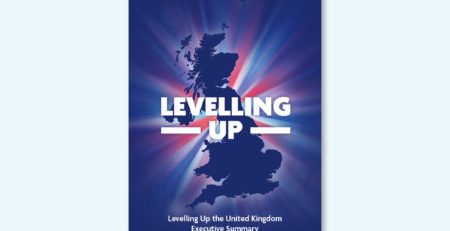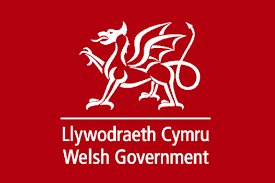Ofcom research on connectivity in UK cities published
Much of the focus on improving access to the internet has been understandably focused on rural areas. However, research undertaken for Ofcom by Analysys Mason not only shows that slow broadband and Next Generation Access (NGA) availability affect a significant minority of households in urban areas – but that these households tend to be those on the lowest incomes.
Building on the research, published in last year’s Communications Market Report, on digital connectivity in 11 cities this research focuses on 6* of these cities to examine any relationship between connectivity and income deprivation.
Key headlines on connectivity in the 11 cities are:
- Across the 11 cities assessed, 4% of premises are unable to access speeds in excess of 2MBit/s, varying between Cambridge (3%) and Derry-Londonderry (9%)
- NGA availability was close to or in excess of 90% in 9 of the cities, with Glasgow and Inverness the two exceptions
- All four MNOs provide coverage to the vast majority of premises (98%or more) in 9 cities, with premises in only one city, Derry-Londonderry, not covered by any operator.
Although there is a range of often highly localised issues that affect the availability to digital networks, in testing for a relationship between income deprivation and digital access, Ofcom found:
- Areas of greater income deprivation tend to have a higher proportion of <2MBit/s connections that the rest of a city.
- Areas of greatest income deprivation were least likely to have access to NGA services.
Whilst Ofcom expects the difference in access to NGA services to disappear over time as operators continue their commercial rollout, it is less clear that this will continue to affect the number of connections on <2MBit/s. This is because most of those households with <2Mbit/s connections had NGA available to them – suggesting that they are either unaware of the benefits, unwilling (possibly because they are satisfied with their connection) or unable to upgrade to higher bandwidth services.
* The cities examined in more detail are: London, Birmingham, Manchester, Glasgow, Cardiff and Belfast



